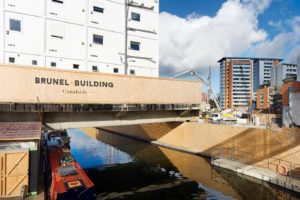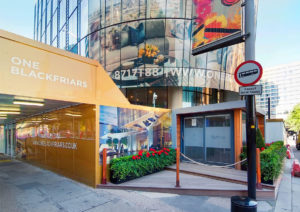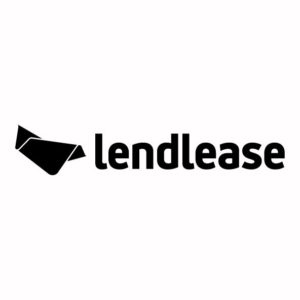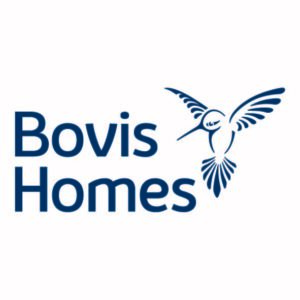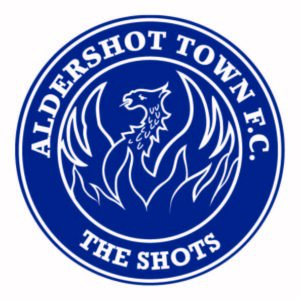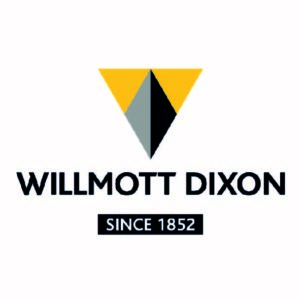Wayfinding is used widely for aiding navigation in urban environments. Digital wayfinding through smartphones is a common aid, however, we’ve all no doubt gotten lost even with Google Maps to hand! Physical wayfinding is more professional, striking and accessible. Wayfinding is often an overlooked part of architectural signage. However, when done correctly, it helps commercial businesses to bring in new customers and provides a more positive visitor experience. Why is wayfinding architectural signage an important part of urban life? Read on to find out.
What is Wayfinding Signage?
Wayfinding is a set of graphical presentations of information through architectural signage that helps the onlooker navigate the city, building or space to the desired location. So, the purpose of wayfinding signage is to educate the new visitor with information about the surroundings. It is important, especially in the urban environment where an individual tends to lose track of their surroundings. They can check where they are and where they want to go with the help of wayfinding signage.
What are The Types of Wayfinding Signage?
Informational
Graphical road, city and town maps are the best examples of informational wayfinding signage. These help individuals get more information about travelling and reaching a destination. Again landmark signage or departmental markers are also relevant informational signage that helps people to get the information that they are looking for.
Identification
Identification signage is a common form of wayfinding signage. Identification signage is uncluttered and simple wayfinding signage. They help the person to clearly see their destination, for example, a post office is recognisable from a distance with its distinctive red signs.
Directional
This is the most common wayfinding signage found at the entrances and exits, key functional areas, junctions, staircases and corridors. Especially useful in an urban environment, where everything might seem complex to an unfamiliar person. With the help of directional signage, you can easily get to the point where you want to reach. And all this can be done independently.
Regulatory Signage
Regulatory signage is made to highlight safety features and implicate the risks / highlight boundaries for visitors. For instance, the dos and don’ts of office premises, rules regarding safety standards and privacy expectations in the commercial premises are also mentioned through regulatory signage. For instance, whenever you see a “No pets allowed” display sign at the entrance of a store or commercial space, you are viewing regulation signage.
For high-specification architectural signage solutions, approach Reade Signs. We have experts who can help with all important wayfinding architectural signage solutions. Visit our website for more details.


